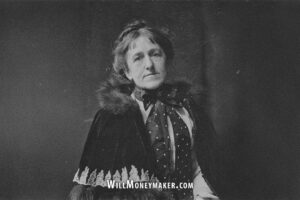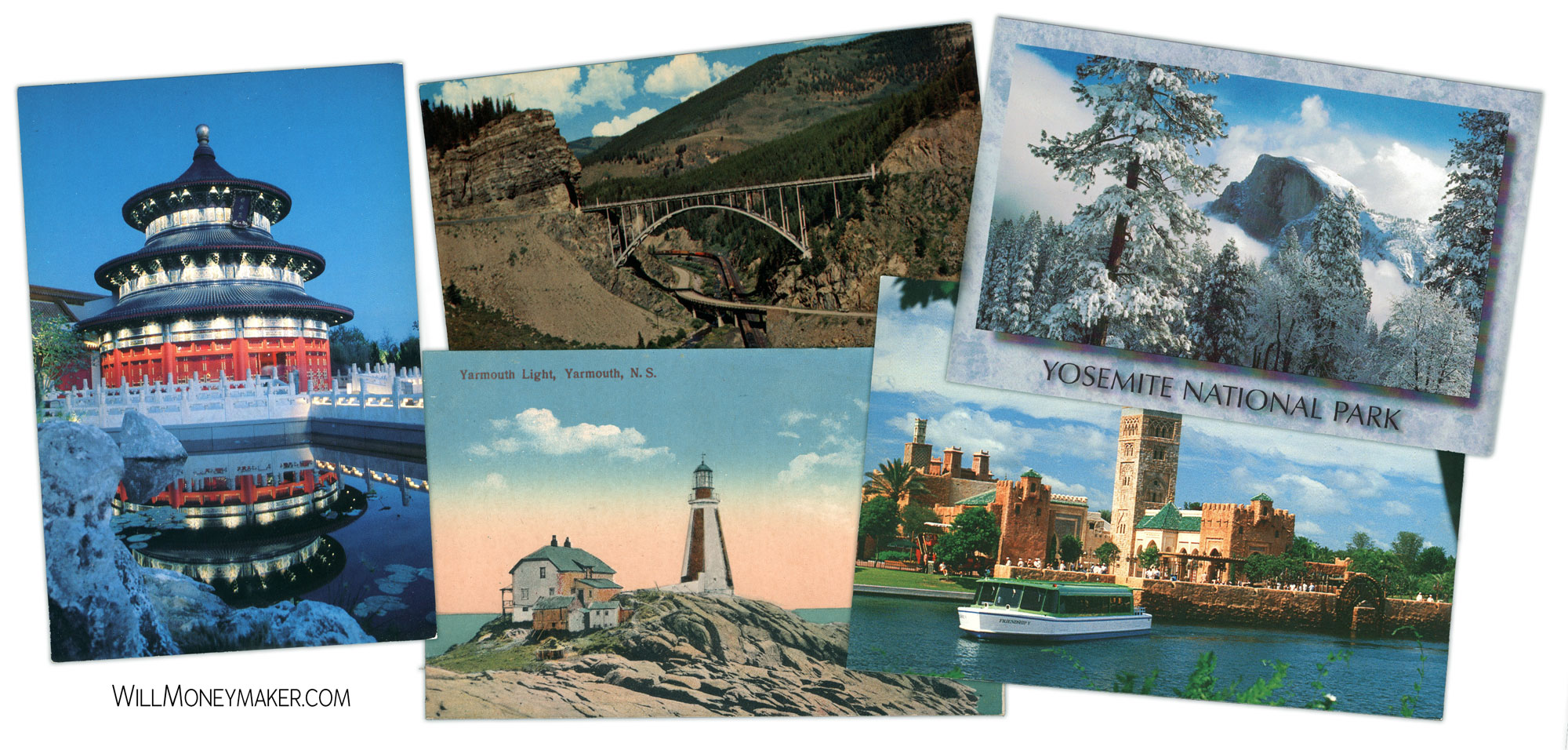A well-known backpacker and writer, Colin Fletcher was born on March 14, 1922, in Cardiff, Wales, UK. He wasn't a landscape photographer but inspired many to explore the world through their lens.
He completed his education in England and went on to serve for six years in the Royal Marine Commandos during WWII. After the war, Colin married Sonia Mary Ash. The couple moved to St. Ives, Cornwall, UK, for a year while Colin taught at the Mountain Warfare Training Centre. After a year of teaching, he and Sonia moved to Kenya, where they ran the Kitale Hotel together. The following year, Colin and Sonia separated, and he continued to spend time in Kenya as a farmer. He also did surveying in Zimbabwe and prospected in western Canada.
In 1956, he moved to the United States, where, after living there for two years, he walked the entire length of the state of California, from one end to the other, the long way. This journey became the foundation of his first book, The Thousand Mile Summer, which indicated how far he walked in its title.
Colin became a regular writer, publishing ten books between 1964 and 2001. These books included four editions of his most famous book, The Complete Walker. His second book was The Man Who Walked Through Time, and while it may sound like a science fiction novel, it was a recounting of his walk in the Grand Canyon, where he became the first person in known history to walk a continuous route through it. This second book discussed such topics as walking techniques in various terrains, the actual journey he made, and reflections about achieving a state of merging mentally with the place he was walking; this was a revelation that came to him after weeks of walking in the Grand Canyon.
When Colin finished his Grand Canyon walk in 1963, the national park it is a part of did not include the entire length of the canyon. After his walk, the park was expanded to include the entire canyon, thus protecting the whole thing for future generations. Colin walked only the part of the canyon that was inside the national park and was the first person known to do that. His walk inspired Kenton Grua to walk the entire Canyon from end to end fourteen years later, rather than just the portion that was inside the national park when Colin did it. Kenton was the first person to walk the entire length of the Canyon.
Five years after walking the Grand Canyon within the national park boundaries as they then were, Colin published his first edition of The Complete Walker, which was his most popular book. The original edition, as well as the three follow-up editions, sold more than a half-million copies. The Complete Walker is distinguished by the way it treats the techniques and equipment of walking in wilderness environments in an encyclopedic way. The book is also praised by critics and readers for its good humor and elegant, descriptive writing style. The book is an exhaustive treatment of the science and techniques of wilderness walking but also delves into Colin’s own personal idiosyncrasies, such as his love of walking staffs and corduroy shorts, and his hatred of wilderness trail guidebooks published by parks and governments.
After these adventures, he went back to Kenya and visited the Great Rift Valley and the Serengeti Plain for a year. Afterward, he recounted the adventure in his book, The Winds of Mara, which was published in 1973.
Colin returned to the United States and found a trunk with a few personal belongings in it in an abandoned cave in Nevada. This fascinated him, and he spent years doing his own detective work to piece together the life of the mysterious owner of this trunk. He called the trunk’s owner Trunkman. What he discovered was someone who was much like himself, who valued solitude and silence. He wrote a book about the trunk and his research on it called The Man from the Cave, which was published in 1981.
Still looking for adventure, Colin did some more previously seemingly impossible things, namely, rafting and hiking the entire length of the Green River/Colorado River from its source in Wyoming to the Gulf of California. Naturally, he wrote about this experience in his book, River, published in 1997. In the book, he used the places he visited on this journey, including the river itself, as metaphors for life, and his own life in particular.
In 2002, he published the last edition of The Complete Walker, with Chip Rawlins as a co-writer.
As he grew older, Colin became a frequent writer on environmental issues. However, he did not like publicity, and so almost never responded to interview requests. He did enjoy reader feedback, though, and incorporated it into revised editions of The Complete Walker.
He suffered an accident in 2001 at the age of seventy-nine, when he was struck by an SUV and seriously injured while walking in Monterey County, California, where he lived. He was near his home at the time of the accident and was walking to a town hall meeting. Everyone who treated him was astounded he survived, and it was unanimously attributed to his excellent physical condition. He had to do physical therapy to recover, but was up and walking again within a year after the accident.
Colin Fletcher died on June 12, 2007, in Monterey, California, as a result of complications from a head injury he sustained in the accident all those years prior. The complications likely arose due to his age.
Today, Colin Fletcher is considered the founding father of modern backpacking. He was definitely the first person to write about walking alone in the wilderness for long periods of time and being completely self-sufficient while doing so. The Complete Walker became so popular that untold numbers of people followed its instructions and went out into the wilderness on their own; some people credit Colin with starting the modern backpacking industry, for which there is now scores of equipment being sold in stores around the world, as well as magazines devoted to the hobby.
To Colin Fletcher, backpacking was a way to experience nature through every human sense. He inspired countless others to do the same.




